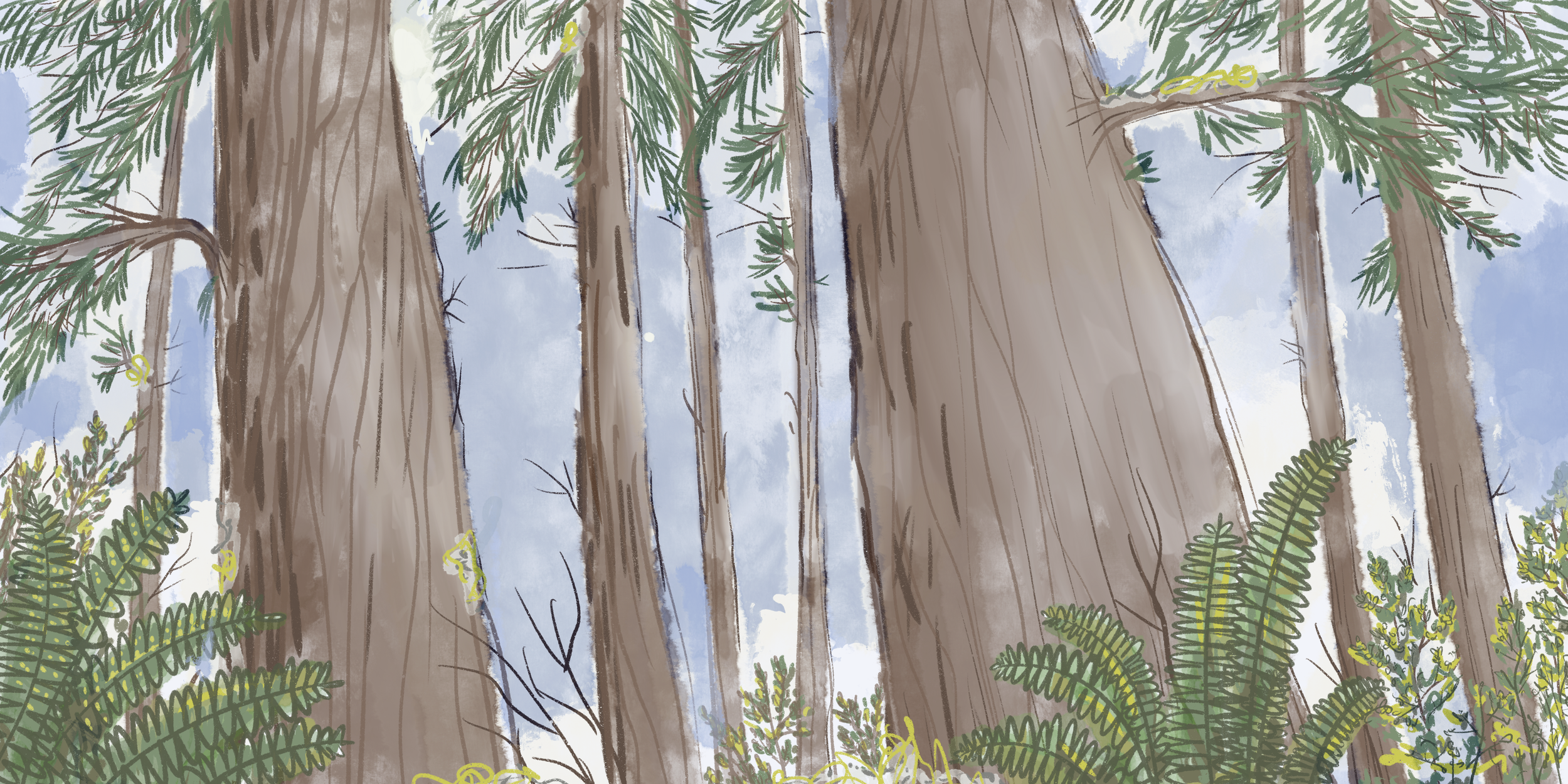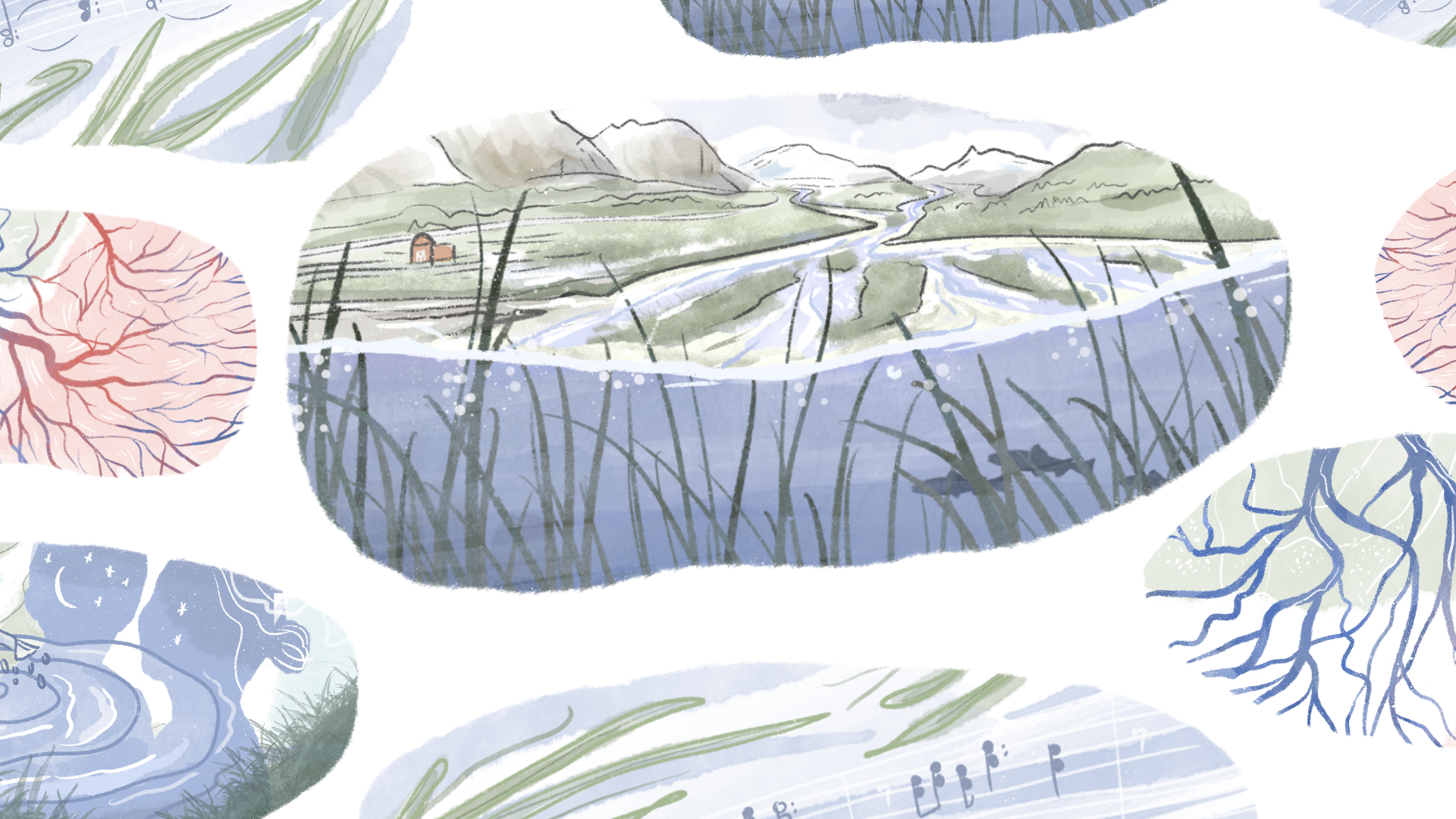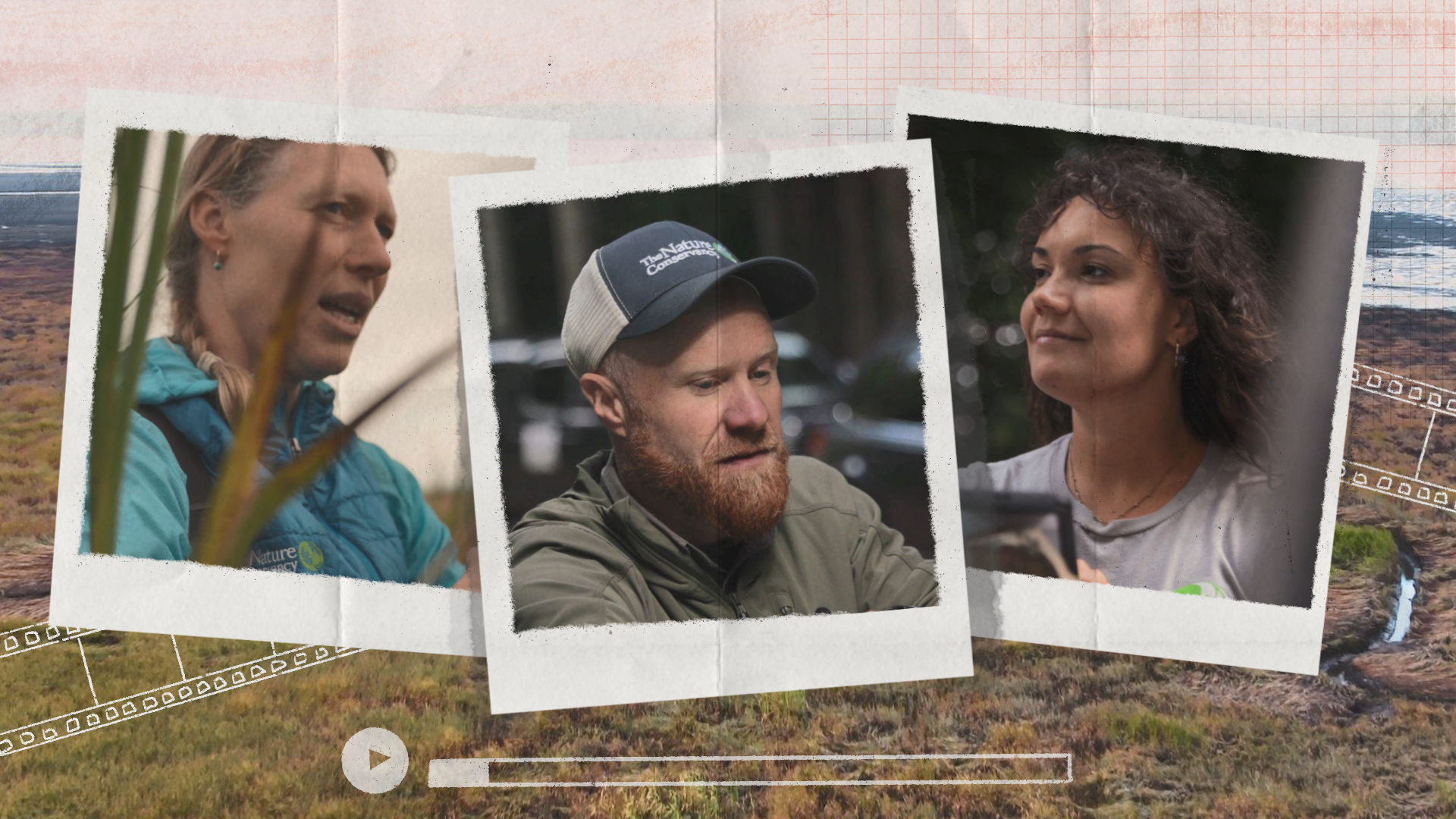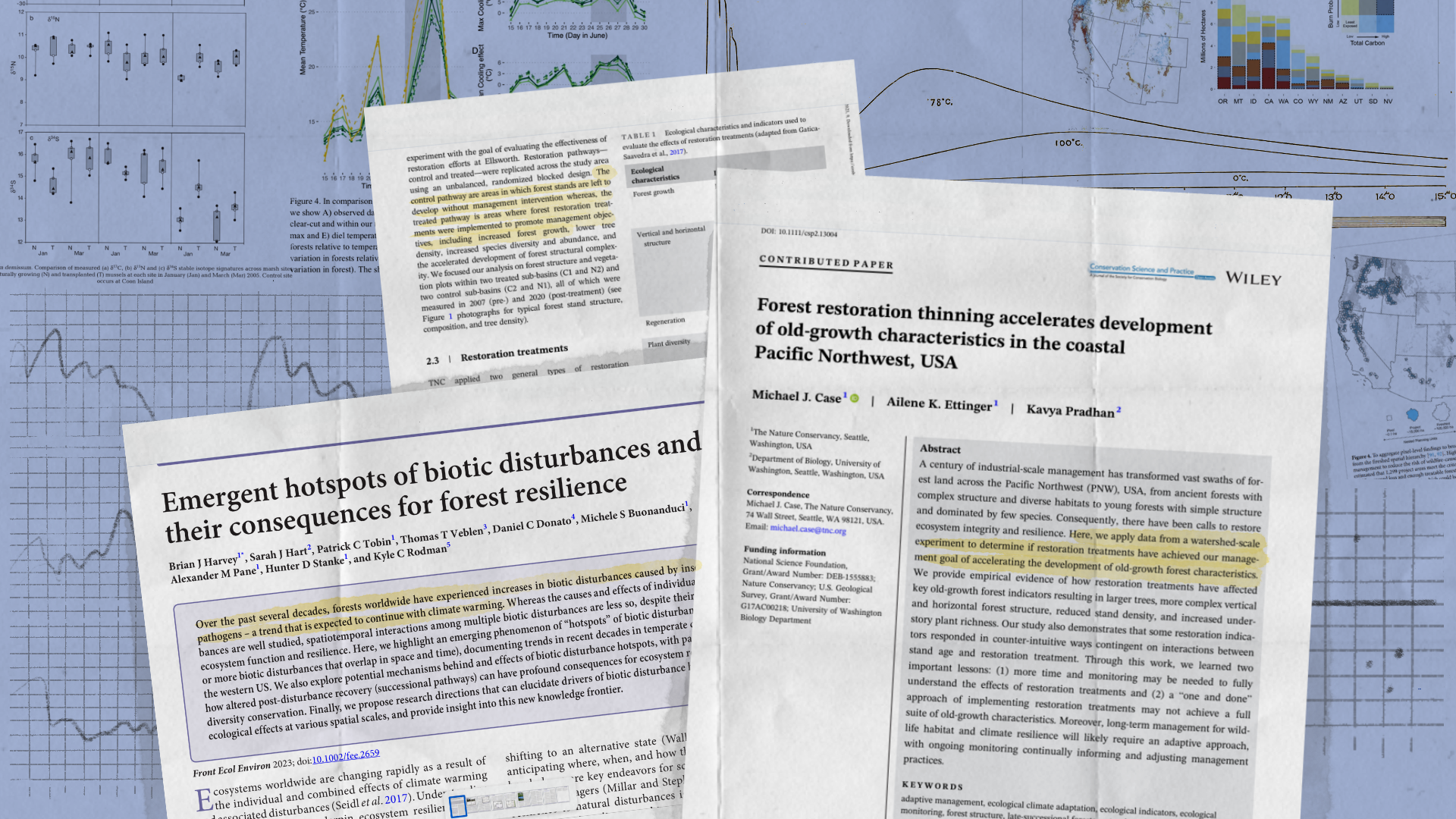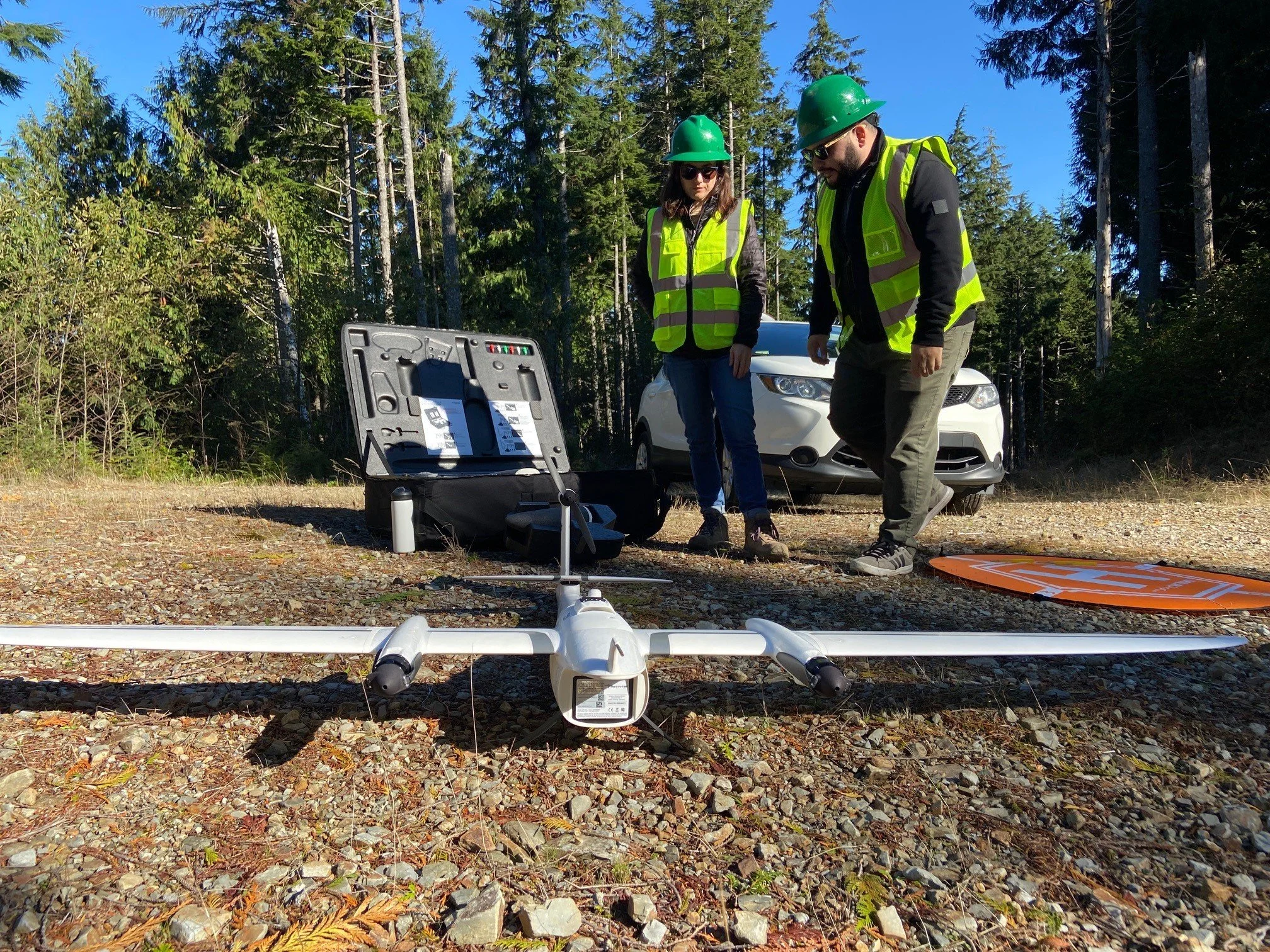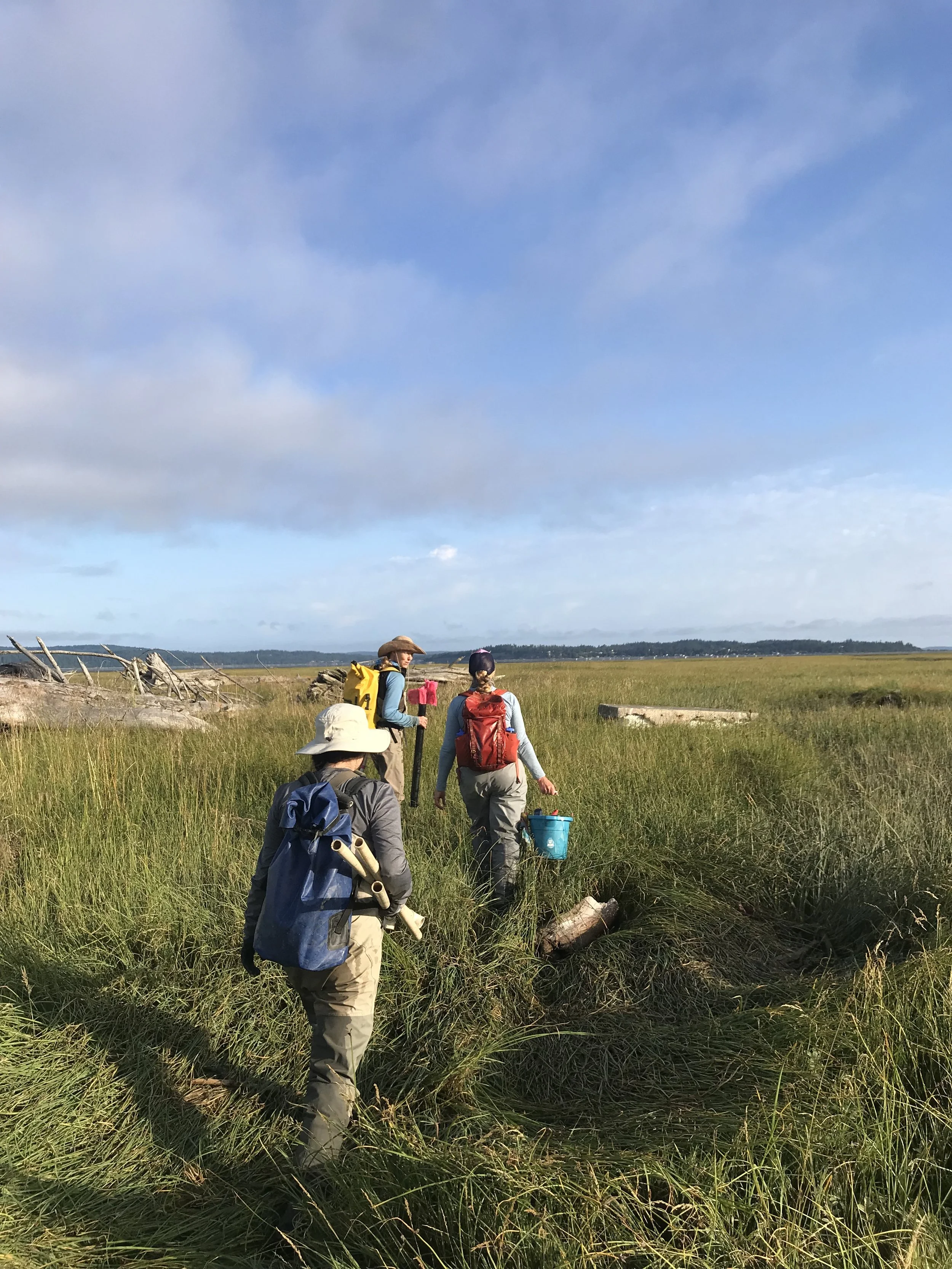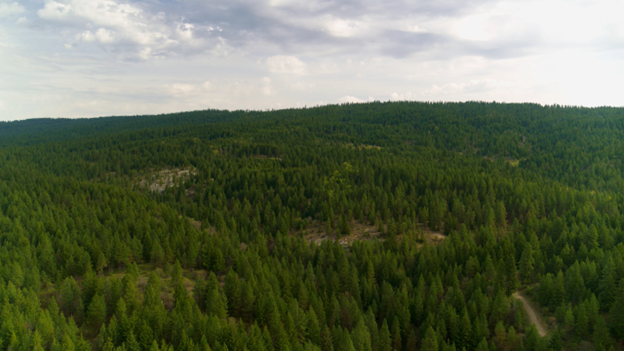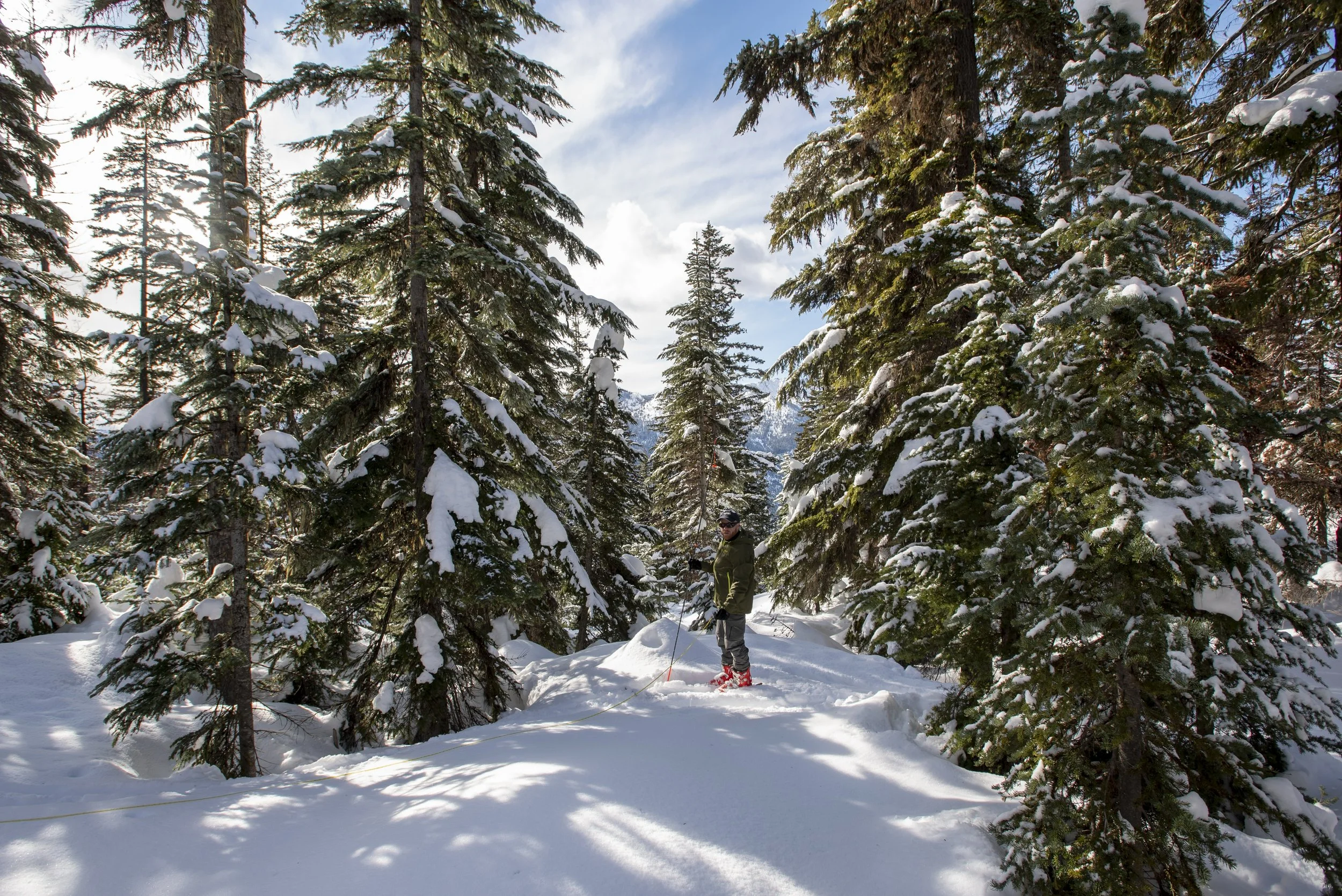by Juliana Tadano, Masters of Policy and Administration Candidate 2021, University of Washington Evans School of Public Policy and Governance
Our team of four graduate interns explored the literature for very different NCS pathways this summer: forest management, riparian and tidal, shrub-steppe, agricultural, and policy landscapes.
Through our independent research, we found some consistent trends that indicate a nascent field of research and complicated opportunities for local implementation.
While individual components of each pathway were well-studied--often extending back over decades- none of us found a strong synthesis of co-benefits or implementation strategies. We often had to search beyond Washington to find relevant studies. Most often the research was centered on a small component of the pathway, and co-benefits and costs were mentioned obliquely rather than being a focus of the study.
For example, many of the articles about deferred timber harvest focused on the carbon sequestration potential of different harvest scenarios, but not on the additional ecosystem benefits of those rotation scenarios, such as better nutrient cycling. Other research would consolidate global trends across vast landscapes – leading to a Three Bears conundrum of research that was either too big or too small, too general or too specific.
With guidance from Jamie Robertson, our Nature Conservancy supervisor, we agreed the best use of our time was to conduct as thorough a survey on the “existing state of the research” as possible, rather than to attempt an exhaustive literature review. We hope to have contributed to a framework for future research and analysis from these efforts.
A common struggle was to find equity and economic analysis within scientific literature. We consistently found that policies, incentive programs, and management strategies were often built without input from practitioners and affected communities, leading to disuse, unintended consequences, and resistance. We all agree further investigation on these topics would be helpful in translating scientific findings into full cultural, economic, and political contexts.
In Pascale Chamberland’s focused study of Washington policies, she found limited direct connection of NCS pathways to co-benefits in past legislation, and in fact relatively few climate-focused policies compared to conservation bills. However, this last session marked the first time that several climate policies were advanced that directly centered NCS - a hopeful trend.
While we were initially discouraged by these complications, once we shared our results with each other, and with insight from Jamie and with Nature Conservancy Lead Scientist Phil Levin, who also provided guidance to our team, we realized that these complications and data gaps actually were the relevant findings. NCS pathways include land management strategies that have been studied in pieces quite extensively, but there is a need for more integrated, applied research to support the applicability, co-benefits, costs, and constraints of putting these methods into practice. Cross-disciplinary studies would provide relevant frameworks for integrating impacts and opportunities. Feasibility studies and pilot projects would support realistic and efficient best-practices for utilizing NCS pathways in Washington.
Why I Study Climate
As a mid-career grad student, I am interested in projects that advance conservation and sustainability alongside community development and benefits. I believe strongly that solutions to our climate crisis must come from breaking down the dichotomy between conservation and productive communities. I also believe collaborative partnerships that recognize the wisdom of those who manage and steward our landscape will produce the sorts of creative ideas our shared resiliency requires.
After working in ecological consulting, stormwater management, and green building, I returned to graduate school to support my career goals of working on landscape-level conservation projects, with an eye towards community benefits and shared connections. I felt a Masters in Policy and Administration at UW would prepare me to understand the perspectives and needs of non-profits and government agencies as well as the public, private, tribal, and scientific partners I hope to work with. NCS Pathways are just the kind of creative, multi-beneficial strategies I am attracted to in my work, so I was thrilled to research shrub-steppe conservation as an opportunity for land-use co-benefits this summer.




